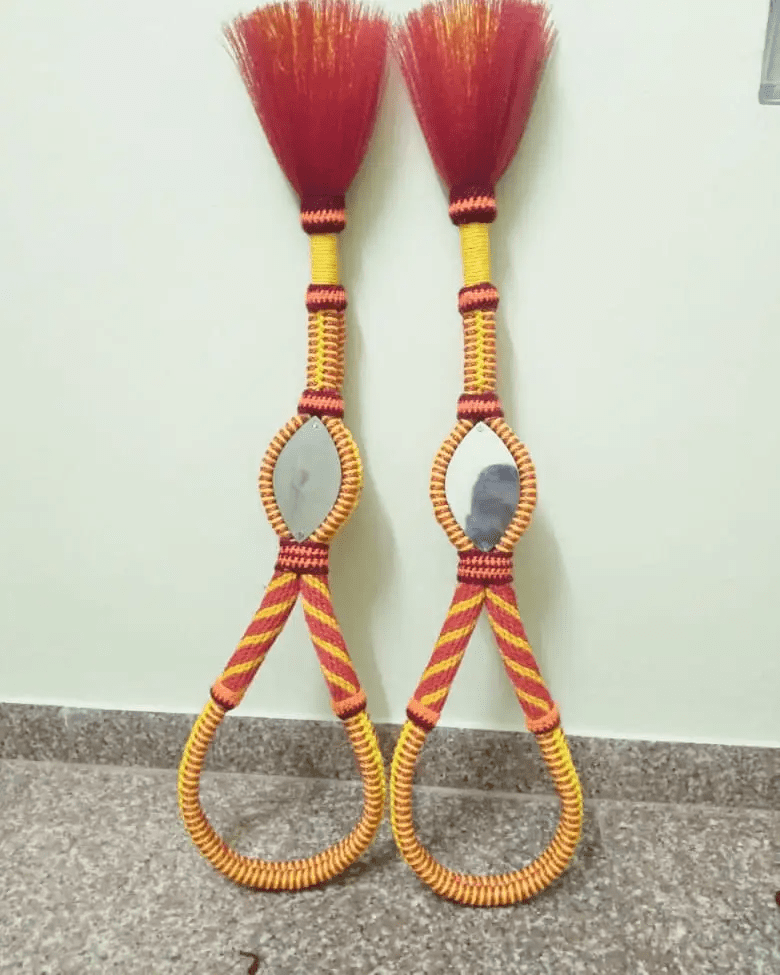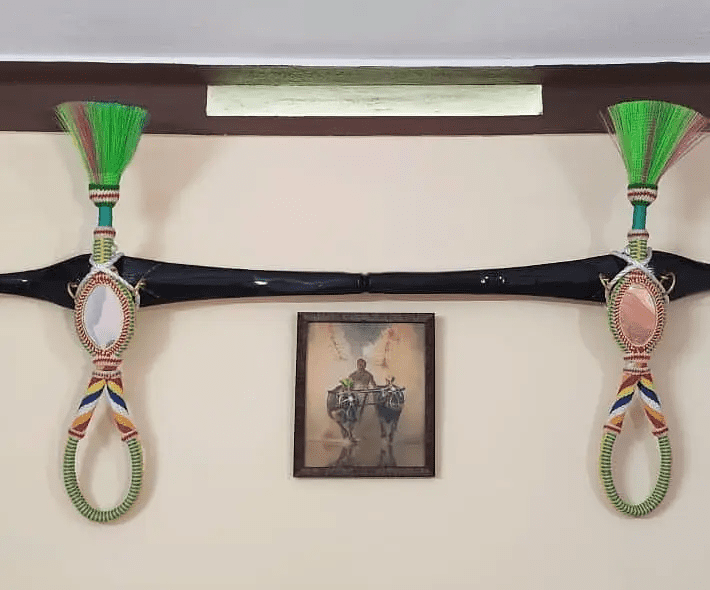The Kambala Festival in Karnataka is a captivating and enthralling event that occurs annually. This ancient festival has been an essential cultural occasion celebrated for centuries in the southern Indian state of Karnataka. It is a celebration of the buffalo race event, known as Kambala, that transpires on the drenched paddy fields of the state, making it a unique and distinct celebration. At its core, the Kambala Festival is a celebration of Karnataka’s rich tradition and heritage, a prospect for locals and tourists to immerse themselves in the state’s dynamic culture, exclusive customs, and picturesque natural landscapes. The festival attracts a swarm of visitors from around the world, all eager to witness the buffalo race and participate in the festivities, making it a popular and sought-after event.
What is kambala
Kambala is an archaic buffalo race that has been a part of Karnataka’s agricultural history for centuries. The sport involves two pairs of buffaloes tethered to a plough and raced on a muddy paddy field. The buffaloes are driven by a team of two men, who run barefoot behind the animals, grasping their tails. The team that crosses the finish line first is declared the winner, making it an exciting and unpredictable competition. Kambala Festival is an annual buffalo race event that takes place in the southern Indian state of Karnataka. The festival is primarily held in the coastal regions of Udupi and Dakshina Kannada districts during the months of November and December. It is a popular event that attracts a large number of tourists and locals. The origin of the Kambala Festival can be traced back to ancient times when it was a way for farmers to test the speed and strength of their buffaloes, which were used for plowing the fields. Over time, the event evolved into a sport and became an integral part of the local culture.
History of Kambala
Kambala has been a part of Karnataka’s cultural heritage for centuries, with its origin believed to have been a way for farmers to evaluate the strength and agility of their buffaloes. The sport has evolved over time to become an integral part of the state’s agricultural tradition, and it is now celebrated widely.
How is Kambala celebrated?
Kambala Festival involves a series of traditional buffalo races, where two buffaloes are tied together with a wooden plow and run on a track filled with mud and water. The farmer who owns the buffalo and plow runs alongside the animals and guides them throughout the race. The buffaloes are trained extensively for months in advance to prepare for the event. The races are usually held on weekends and are accompanied by traditional music and dance performances. The festival also includes various cultural programs and exhibitions, showcasing the local art and crafts.
Significance of Kambala Festival
Kambala Festival is an integral part of the local culture in Karnataka and is an important event for farmers who use buffaloes for agricultural activities. The festival also serves as a platform for farmers to showcase their buffaloes and compete with each other. Moreover, the event promotes sportsmanship and community bonding. However, the festival has also faced criticism from animal rights activists who claim that the use of animals for sport is unethical and cruel. In 2014, the Supreme Court of India banned the use of bulls for events like Jallikattu and bullock cart racing. However, Kambala was exempted from this ban, as it is not considered as a bull race.

Adda palayi

Netti ballu

Naver

Oggi ballu

Badu
FAQ
Kambala is a traditional buffalo racing sport that originated in the coastal regions of Karnataka, India.
Kambala involves a pair of buffaloes that are tied together and raced on a paddy field filled with slush and mud.
Kambala is deeply rooted in the local culture and tradition, and it is an integral part of the community. It is a social bonding activity and a platform for local talent.
The Kambala festival is a grand
